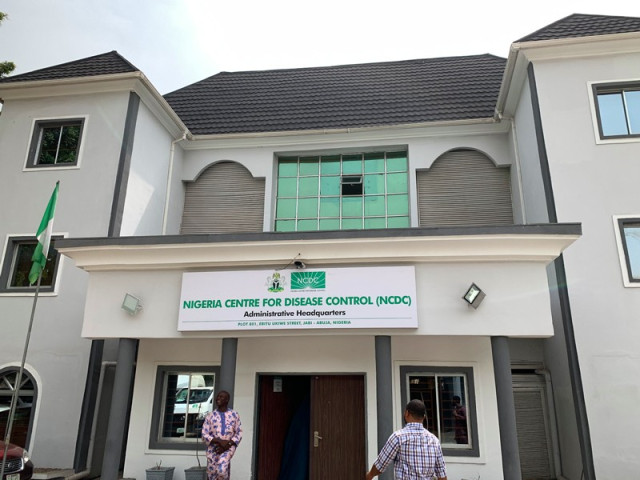ZARIA, Nigeria - A significant public health issue has arisen in the Tukur-Tukur community of Zaria, Kaduna State, as residents have raised concerns about the alarming resurgence of the deadly diphtheria disease, leading to urgent calls for intervention.
The Nigeria Centre for Disease Control and Prevention (NCDC) has also sounded the alarm regarding the escalating threat of Antimicrobial Resistance (AMR).
Reports indicate that children in Tukur-Tukur have displayed symptoms such as sore throat, fever, swollen lymph nodes, and extreme weakness, which are characteristic signs of diphtheria.
In a statement released on Sunday, Abdul-Azeez Suleiman, a director within the Northern Elders' Forum (NEF), expressed alarm following the deaths of two children in just 48 hours.
As the community mourns its young losses, leaders like Suleiman are advocating for action, emphasizing that the resurgence of diphtheria serves as a stark reminder that the battle against preventable diseases continues.
Suleiman stated, “The recent tragic loss of two children within a mere 48 hours, who showed symptoms like sore throat, fever, swollen lymph nodes, and debilitating weakness, highlights the immediate necessity for a coordinated health response.
Diphtheria, a bacterial infection that mainly affects the throat and nose, presents serious risks including respiratory failure and heart damage. Although it was once a prevalent childhood illness, the introduction of extensive vaccination programs in the mid-20th century significantly lowered its occurrence.”
He urged parents to collaborate with healthcare workers by ensuring their children receive vaccinations and seeking prompt medical attention at the first sign of illness.
The NCDC described AMR as a ‘silent killer’ that is deadlier than malaria, tuberculosis (TB), and human immunodeficiency virus (HIV) combined.
Director-General of the NCDC, Dr. Jide Idris, made this statement over the weekend in Abuja, emphasizing the critical need to address this global health threat, of which many Nigerians remain unaware.
Idris remarked, “AMR is a silent killer. It claims more lives than the combined toll of malaria, TB, and HIV/AIDS. The most concerning aspect is the lack of public awareness surrounding it. It has become a global priority.
“AMR develops when bacteria, viruses, fungi, and parasites evolve to resist the effects of treatments—making common infections more challenging to manage and heightening the risk of disease transmission, severe illness, and death.”
He noted that the Federal Government has intensified its response and is already working on executing its National Action Plan on AMR 2.0, which includes strategic pillars such as Infection Prevention and Control (IPC), antimicrobial stewardship, and funding.
“AMR was intended to be an integral part of our health programs. We are on the verge of launching specific initiatives addressing AMR. These efforts will encompass IPC, antimicrobial stewardship, and sustainable financing—these are essential areas we are focusing on,” he added.




















